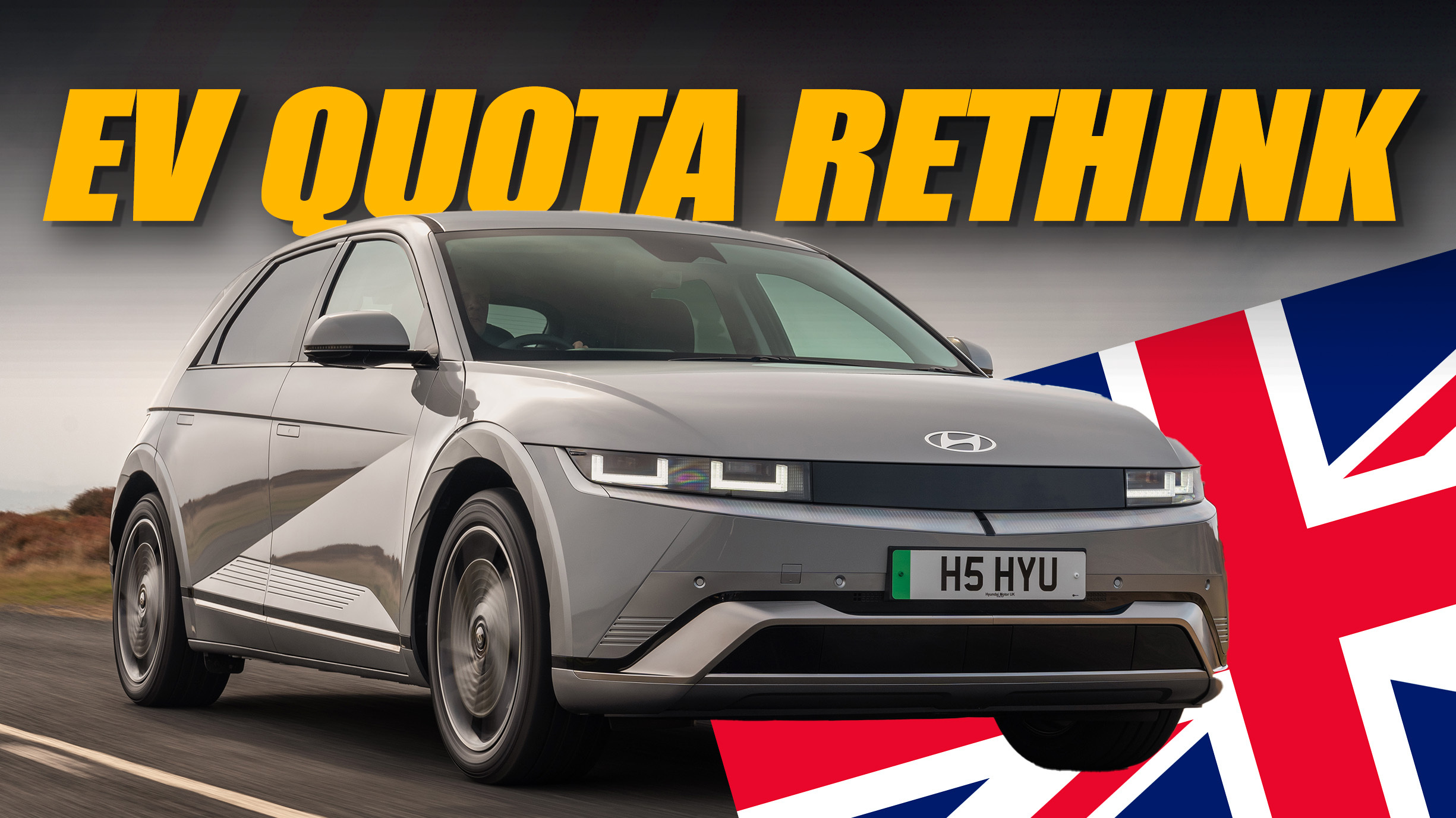Resistance Grows: Car Dealerships Challenge EV Mandate

Table of Contents
Financial Concerns Fueling Dealer Opposition
The primary driver of EV mandate resistance is the substantial financial burden placed on dealerships. The transition to an EV-centric model requires significant upfront investments and carries inherent uncertainties.
High upfront investment costs:
Dealerships face considerable expenses in adapting to the EV landscape. This includes upgrading their facilities to handle EV servicing, a process requiring specialized tools, training, and infrastructure not needed for traditional internal combustion engine (ICE) vehicles. The higher purchase price of EVs, compared to ICE vehicles, also impacts inventory management. Dealerships must invest in specialized storage solutions to protect EV batteries and accommodate their larger size. Furthermore, the service margins on EVs are often lower than those on gasoline-powered cars, impacting profitability.
Uncertainty surrounding EV demand:
A major source of anxiety among dealers is the uncertainty surrounding consumer adoption rates for EVs in their specific regions. Many are hesitant to make significant investments without a clear understanding of local market demand. This uncertainty is compounded by concerns about the long-term viability of the EV market and the potential for unpredictable market fluctuations. The lack of clarity regarding government incentives and support mechanisms further exacerbates these concerns.
- Many dealerships lack the financial resources for substantial EV infrastructure upgrades.
- Securing loans and financing options specifically for EV-related investments can be difficult.
- The risk of becoming saddled with unsold EVs (stranded assets) is a significant deterrent, especially if EV adoption is slower than anticipated.
Challenges in Infrastructure and Training
Beyond financial concerns, dealerships face significant hurdles in adapting their infrastructure and workforce to service EVs.
Lack of skilled technicians:
The transition to EVs necessitates a skilled workforce capable of maintaining and repairing these complex vehicles. However, training programs for EV mechanics are still in their nascent stages, leading to a shortage of qualified personnel. The required skillset goes beyond traditional automotive mechanic training, demanding specialized knowledge of high-voltage systems, battery technology, and software diagnostics.
Insufficient charging infrastructure:
The lack of widespread public charging stations, particularly in rural areas, poses a major obstacle to EV adoption. Dealerships are concerned about the reliability and accessibility of charging networks, impacting consumer confidence and potentially limiting sales. Significant investment in charging infrastructure is needed to support a widespread shift to EVs.
- Dealerships require significant government support for technician training programs to address the skills gap.
- Investment in robust and accessible public charging infrastructure is crucial for building consumer confidence in EVs.
- Effective collaboration between dealerships, utility companies, and government agencies is vital to overcome infrastructure challenges.
Consumer Concerns and Market Readiness
Even with increased government incentives and technological advancements, consumer concerns remain a significant barrier to widespread EV adoption. These concerns also contribute to EV mandate resistance from dealerships.
Range anxiety and charging time:
Concerns about limited driving range and comparatively long charging times for EVs remain prevalent among potential buyers. Lack of awareness about available charging options and their accessibility contributes to this "range anxiety." This perception often negatively impacts the attractiveness of EVs compared to familiar gasoline and diesel vehicles.
Pricing and affordability:
The high upfront cost of EVs compared to ICE vehicles is a major deterrent for many consumers. Limited availability of affordable EVs for the average consumer further exacerbates this issue. While government incentives aim to bridge the price gap, they may not always be sufficient to make EVs financially accessible to a wider segment of the population.
- Comprehensive educational campaigns are necessary to address range anxiety and educate consumers about the benefits and capabilities of EVs.
- Governments need to implement policies that significantly enhance the affordability and accessibility of EVs for the average consumer.
- Targeted marketing emphasizing the long-term cost savings of EVs (lower running costs, reduced maintenance) is crucial for boosting adoption.
Conclusion
The EV mandate resistance from car dealerships underscores the significant challenges inherent in the transition to electric vehicles. Financial constraints, infrastructure limitations, and consumer concerns are intertwined factors contributing to this opposition. Successfully navigating this transition requires a collaborative approach between policymakers, the automotive industry, and dealerships. Addressing the concerns surrounding EV mandate resistance, requires a comprehensive strategy that balances environmental goals with economic realities. Ignoring this opposition will hinder the progress toward a sustainable transportation future. Finding solutions that foster a successful transition while supporting the crucial role of dealerships is paramount. A collaborative approach is crucial to effectively address EV mandate resistance and build a thriving electric vehicle market.

Featured Posts
-
 Castro Condemns Ten Hags Treatment Of Ronaldo
May 23, 2025
Castro Condemns Ten Hags Treatment Of Ronaldo
May 23, 2025 -
 Global Forest Destruction A Record Year Fueled By Wildfires
May 23, 2025
Global Forest Destruction A Record Year Fueled By Wildfires
May 23, 2025 -
 Disney Now Streams This Hollywood Legends Debut And Oscar Winning Performance
May 23, 2025
Disney Now Streams This Hollywood Legends Debut And Oscar Winning Performance
May 23, 2025 -
 The Whos Drummer Zak Starkey Reinstated Following Dismissal
May 23, 2025
The Whos Drummer Zak Starkey Reinstated Following Dismissal
May 23, 2025 -
 Joe Jonass Hilarious Response To Couples Fight Over Him
May 23, 2025
Joe Jonass Hilarious Response To Couples Fight Over Him
May 23, 2025
Latest Posts
-
 80 Millioert Tuningolt Porsche 911 Reszletes Bemutatas
May 24, 2025
80 Millioert Tuningolt Porsche 911 Reszletes Bemutatas
May 24, 2025 -
 Porsche 956 Neden Tavan Asili Bir Sekilde Sergileniyor
May 24, 2025
Porsche 956 Neden Tavan Asili Bir Sekilde Sergileniyor
May 24, 2025 -
 Luxus Porsche 911 Extrak Amelyek 80 Millioba Kerueltek
May 24, 2025
Luxus Porsche 911 Extrak Amelyek 80 Millioba Kerueltek
May 24, 2025 -
 Porsche 956 Nin Tavan Sergisinin Gercek Sebebi
May 24, 2025
Porsche 956 Nin Tavan Sergisinin Gercek Sebebi
May 24, 2025 -
 Porsche 911 80 Millio Forintert Egyedi Extrak
May 24, 2025
Porsche 911 80 Millio Forintert Egyedi Extrak
May 24, 2025
